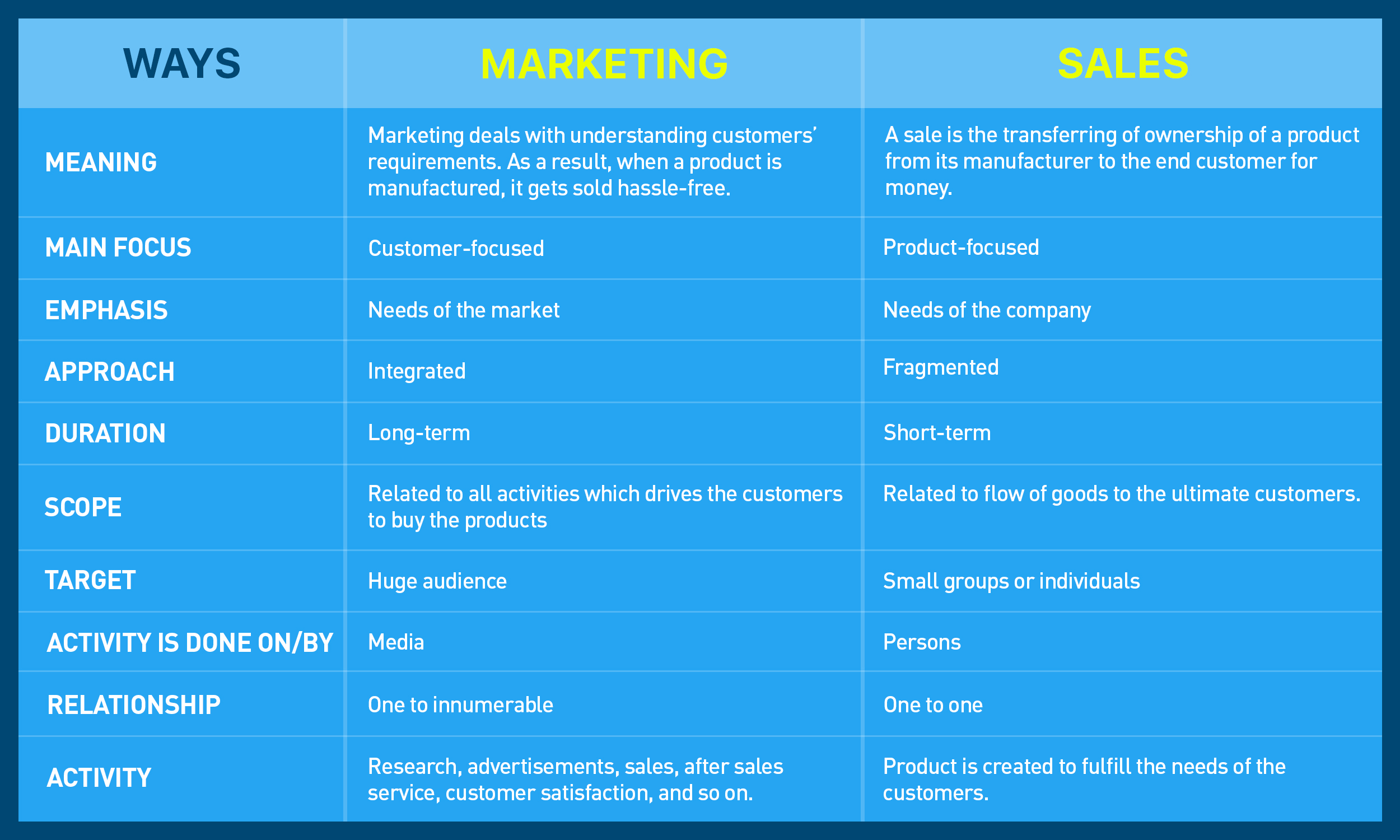Local keyword research uncovers the specific search terms potential customers use to find businesses like yours in your geographic area.
This lets you integrate relevant neighborhood names and landmarks into your SEO strategy to boost visibility for nearby searchers. This can potentially bring more foot traffic to your store and drive sales.
Let’s look at how small business owners in Singapore can conduct local keyword research.
1) Brainstorm Seed Keywords
Seed keywords form the starting point that you’ll expand into a targeted local keyword list.
Consider your core products/services and the main customer problems you solve.
For a pet grooming salon, initial seeds could include:
- Pet grooming
- Dog grooming
- Cat grooming
- Pet spa
- Pet haircut
While broad, these foundational keywords cover your central offerings.
They kickstart the process of finding more specialized, localized phrases people search for when looking for your services in Singapore.
2) Use Keyword Research Tools
Keyword research tools expand your initial seeds into a robust list of potential target keywords with valuable search data.
Popular options like Google Keyword Planner, Semrush, and Ahrefs provide volumes, competition levels, and related keyword ideas you may have overlooked.
Review their keyword suggestions, also watching for that sweet spot between high search volume and low competition. The “low-hanging fruit” keywords require lower SEO investment to rank for.
3) Consider Local Intent
Not all keywords are equal for local SEO. Focus on uncovering phrases showing local intent, which implies searchers want a nearby business.
Local intent signals include:
- Location names (e.g., “Singapore,” “Orchard Road,” “Bukit Timah”)
- “Near me” or “nearby”
- “Best” or “top-rated”
For example, “pet grooming near me” or “best dog groomer in Orchard” indicates someone wants a recommendation for a local provider. Meanwhile, “How to groom a dog” suggests an informational query.
Local keywords can convert higher by targeting users actively looking for area businesses like yours—and delivering on their search intent.
4) Analyze Your Competitors
Studying what’s working for other local players (competitors) reveals gaps and opportunities to build on.
Make a list of businesses offering the same products as yours in your area (neighborhood, city, town).
Audit their organic keyword rankings through tools like Semrush and Ahrefs.
This will help you find:
- Keywords they rank for that you could also target
- Content gaps you can fill with new optimized pages
- Ways to improve upon and outrank their existing content
For example, if a competitor ranks well for “mobile pet grooming Singapore,” but you don’t have related content, creating a tailored page on this keyword presents a traffic growth opportunity.
5) Prioritize Your Keywords
With a robust list of keywords, narrow down phrases likely to drive the most results by scoring each across three factors:
- Relevance: How closely the keyword matches your products, services, and existing content. A tight fit should be the top priority.
- Search volume: The average monthly searches. More volume means more potential traffic but also more competition.
- Competition level: How hard it will be to rank based on current top results. Highly competitive keywords take more effort to rank for.
Sort your spreadsheet by total score to show the best targets for optimization. The keywords at the top combine strong alignment with high volume and reasonable competitiveness.
6) Optimize Your Website
With your prioritized keywords in hand, focus on adding them to your website naturally to signal relevance.
Here are places where you can integrate your keywords:
- Page titles/meta descriptions: Include your primary keyword to summarize page topics for searchers.
- Headings: Use target keywords appropriately in H1/H2 headings to structure content.
- Body content: Organically integrate keywords without stuffing. Let the page tell your story.
- Image alt text: Use descriptive alt text incorporating keywords to aid accessibility.
- URLs: Work your primary keyword into readable page URLs where possible.
Ensure your site has good web design and is mobile-friendly and quick-loading. These are critical local ranking factors, given that users now often search on phones rather than desktops.
Test with Google’s PageSpeed Insights, then further optimize.
Final Thoughts
While DIY efforts establish a baseline, SEO consultants will take your strategy to the next level through advanced techniques that convert searches into sales.
Their expertise in maximizing visibility and competitiveness makes them reliable partners for unlocking the full local market potential. So, if you’re serious about local SEO, connect with an SEO agency in Singapore that understands the local market inside-out. Get their help with local keyword research, on-page optimization, link building, and more.






